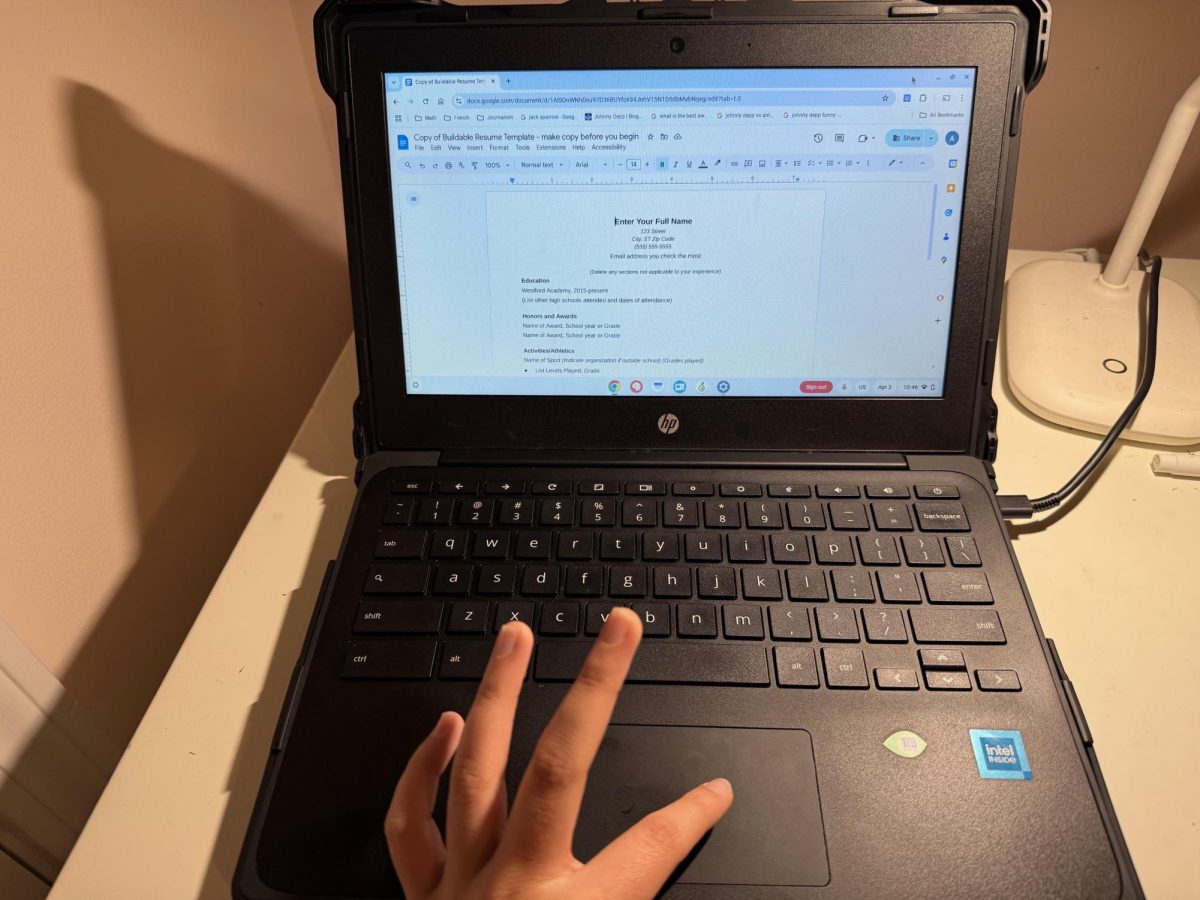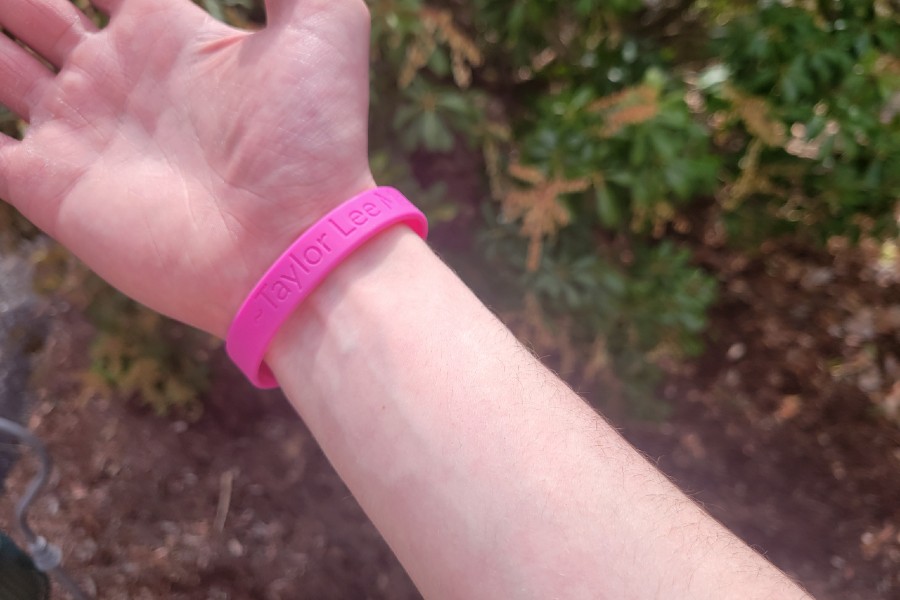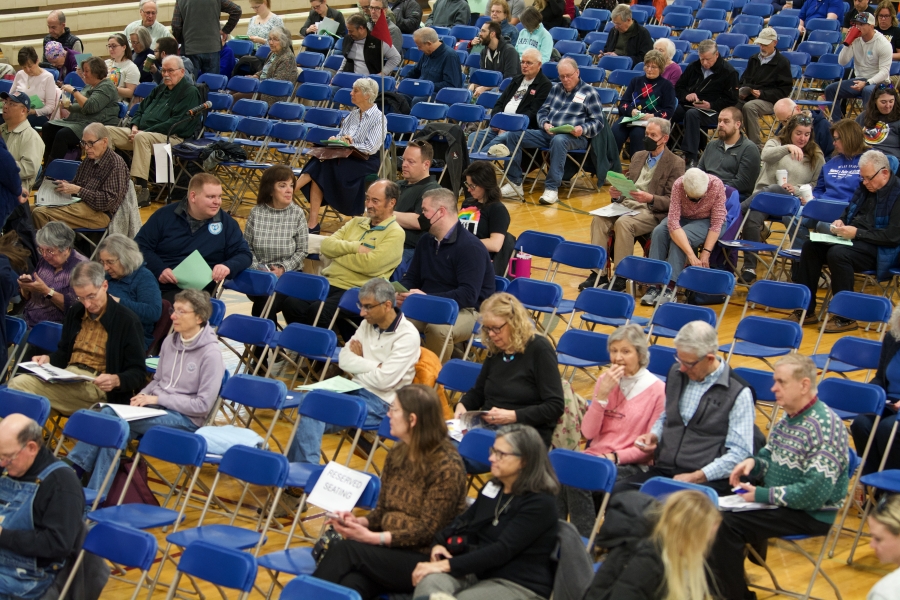WA has amended the ban on cell phone use during class blocks, now allowing students to use their phones during directed learning time (DLT). The new policy officially began on Tuesday, Nov. 12, and extends to both scheduled and unscheduled DLTs for the foreseeable future. The phone ban is, however, still applied to students who choose to move to the library during their DLT.
The previously instituted ban was enacted at the beginning of the 2024-2025 school year, and only allowed phones during passing periods and lunch blocks. While many students found it reasonable to refrain from using phones during class periods, the main point of contention was the restriction of phones in DLTs.
After listening to students, staff, and groups like the Dean’s Council in the early months of the school year, the deans’ administration opted for the policy change. The general consensus was that DLTs were a time that students should be able to learn how to manage their work independently.
“During [Dean’s Council] a lot of students are saying ‘In class, [the phone ban] is really not a big deal. But DLT, that’s our free time,” dean Amanda Welch said. “And I think we heard you. […] We just thought, the feedback we’re getting is generally people want the phones in DLT, so let’s try it.”
While some scheduled DLT periods this year consist of a dozen students, they can also range to upwards of 70 students. These numbers also do not account for any teacher absences which warrant unscheduled DLT classes for the same period. This uncertainty and potential for copious attendance numbers created logistical concerns about the enforcement of the ban.
Oftentimes, enforcing this ban could pose a hassle to the two teachers assigned to manage the DLT. Many periods were handled differently, with some confiscating phones at the beginning of the period in baskets, and others simply trusting students to keep devices in their bag.
“I think that [allowing phones in DLT] was the right move to make from the very beginning,” German teacher Tim Welch said. “I’m not interested in policing any students’ behavior outside of German class […]. I’m not here to micromanage your life and micromanage how you spend your time and how you manage your stress levels.”
Since DLT is also a work period for many teachers, managing 70+ students and their phones became difficult in some cases. Yet for many, this also emphasized the continual attempt at balancing phone use within the school.
“[The WA administration] is just trying to promote, not that cell phones are bad, but how to regulate the use and use them appropriately. We’re trying to help you guys navigate what works for each student, because you’re all going to be different,” dean Welch said. “But to counter that, I do want to throw out that we understand that a phone is someone’s safety zone a lot of the time too. They might need it for medical usage. They might need it to listen to music, because that’s how they can actually remove their anxiety. So again, it’s navigating each person’s proper usage.”
On the other hand, a popular opinion from students was that the DLT ban should be differentiated from class-time as it serves as an opportunity for students to learn how to manage their priorities. Additionally, for senior students managing college applications, it can be significantly more convenient to use multiple devices during this period in order to use other applications not accessible with the browser limitations on the chromebooks.
Junior Walten Wambui is new to the district as of this year and has a scheduled DLT in his first semester. He expresses a point similar to other students’ of WA that phones can serve as more than just a distraction.
“I feel like changing the rules to allow phones in DLT was a positive thing because it gives the student more freedom,” Wambui said. “Let’s say you need to do homework using your phone. [Allowing phones] would make it so much easier and you wouldn’t have to hide it.”
Similar to the rest of the phone policies instituted this year, there is no definite end to the lifting of the phone ban in DLTs, but WA administration continues to look for ways to improve to benefit the majority of students and staff.
“It just seems like the right time to make the switch [to allowing phones in DLTs], gather feedback again, and then if we need to change the policy, we will,” dean Welch said. “This is very fluid, and luckily the student body and staff have been good about making changes and being flexible and just trying to figure out what works best for everybody here.”








